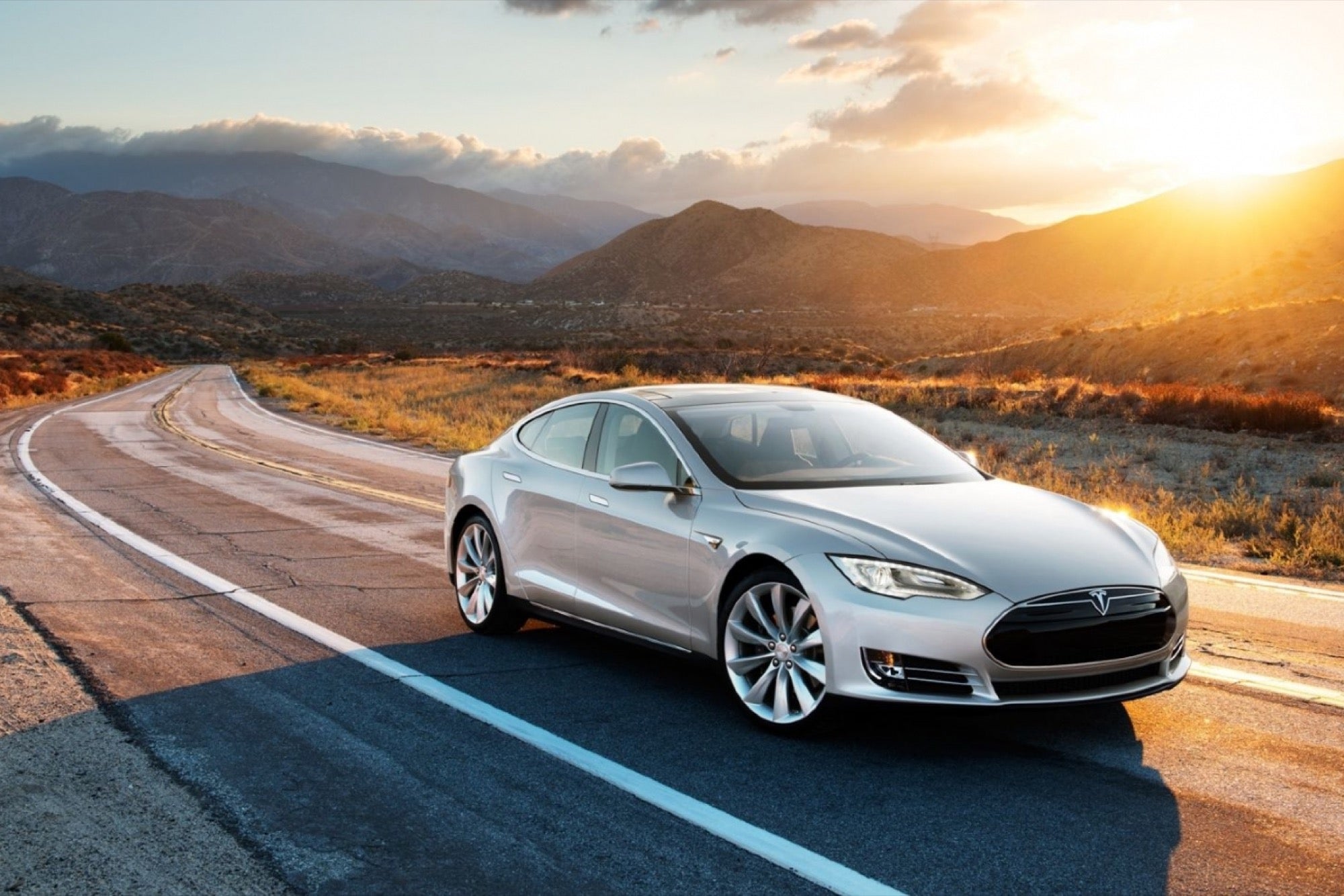Are Self-Driving Cars Good For Insurance? "If you're hoping to to shave down your premiums, buying an automated vehicle might not be the right move."
Opinions expressed by Entrepreneur contributors are their own.
You're reading Entrepreneur India, an international franchise of Entrepreneur Media.

Tesla first rolled out their self-driving Model S last year, reaching for the peak of innovation with the first publically available (almost) completely autonomous vehicle. With this technology surfacing and inevitably flooding the market, we all have a serious question: what's going to happen to my insurance?
A couple of months ago, a man tragically died in an accident while driving his Tesla Model S, and he had activated the "auto-pilot" feature before his life ended hours later in the crash. In light of this accident, questions begin to surface, answers are scarce, and uncertainty swarms. If the car was driving itself, whose fault was it? Since my car is now safer, does my premium go down? Does this mean I have to have a self-driving vehicle to drive my premium down?
Auto insurers now face an issue that will rattle a system that has operated "seamlessly" for several decades because autonomous vehicles muddle the distinction of liability: the car or the driver.
Liability
Liability is the most important distinction to make in an accident, and according to Forbes "liability coverage accounts for a large part of their auto insurance bill. In California, drivers are required to carry at least $15,000 in bodily injury coverage per person, and $30,000 per accident." Obviously, California is going to have higher premiums than a more modest Georgia, Tennessee, etc., but the study points out that liability is where insurance companies get the most of their profits.
It also suggests that if we take liability out of the equation, the person writing the check could be the manufacturers. Bearing all cost and responsibility for the wreck, Tesla would be liable for any wrecks that should take place involving a Model S.
Now, this does not mean for any accident Tesla should take the fall for drivers in the accidents, this only suggests that any accident completely ruled as a "vehicle malfunction" or "computer error" could result in Tesla covering the liability.
Tesla would not just allow their customers to ravage the roads recklessly without a care of potential insurance costs, so this would mean potential hikes in cost for autonomous vehicles. This would basically end up costing customers just as much if they were to pay regular premiums.
Yet, the issue still remains for auto insurers of determining who should be liable, yet the Insurance Information Institute claims, "liability laws should evolve to ensure autonomous vehicle advances are not brought to a halt."
Will premiums drop?
Discounts for driver assistance compatible vehicles do exists in the insurance industry, but how do they respond to a claim where the driver does not even have to so much as turn the key?
Insurance Information Institute states that insurers will only apply discounts for customers when they use products that have proven their capability and operational effectiveness. Hands-free, autonomous vehicles have just hit the markets, so insurers will need more time to ensure their reliability.
According to Raphael Locsin, head of business development at Shift Insurance, "If you're hoping to to shave down your premiums, buying an automated vehicle might not be the right move." Susan Hutchison, an attorney and managing partner at Warriors for Justice, states "While hands-free capabilities do not merit a discount, driver assistance features, such as electronic stability, have proven themselves on the road and qualify for discounts."
Furthermore, insurers need a way to confirm that their customers are actually using driver assistance programs while they drive. Many drivers grow annoyed from the constant beeping from touching a line, buzzing when they pull to a stop behind a car, and chirping from simply pulling out of the driveway. Many drivers grow tired of these aggravating features and end up shutting them down.
If drivers are not even using the hands-free, lane departure, or anti-lock braking system features, insurers have no reason to lower premiums or apply discounts. Mr. Robert Hartwig,former president of Insurance Information Institute, has commented that it is still too soon to consider any change in the rates because of the lack of observable data on whether or not the Tesla Model S affects the occurrence and magnitude of accidents.
Insurers now have a very difficult task of determining how effective autonomous vehicles are, but they cannot form a solution just yet, not until we get a bit more accustomed to this new innovation. But if the insurance industry does not adapt to this new environment of self-driving vehicles, they might fall too far behind.












